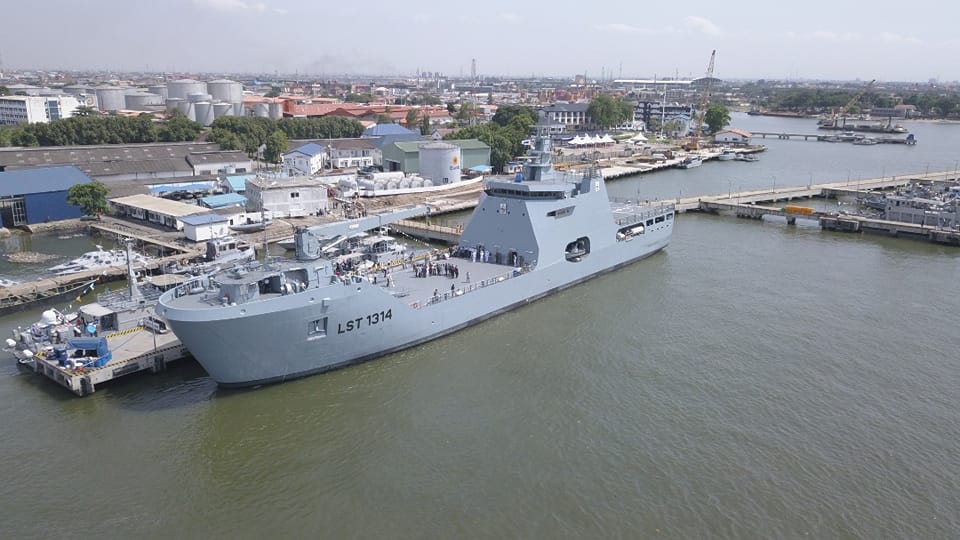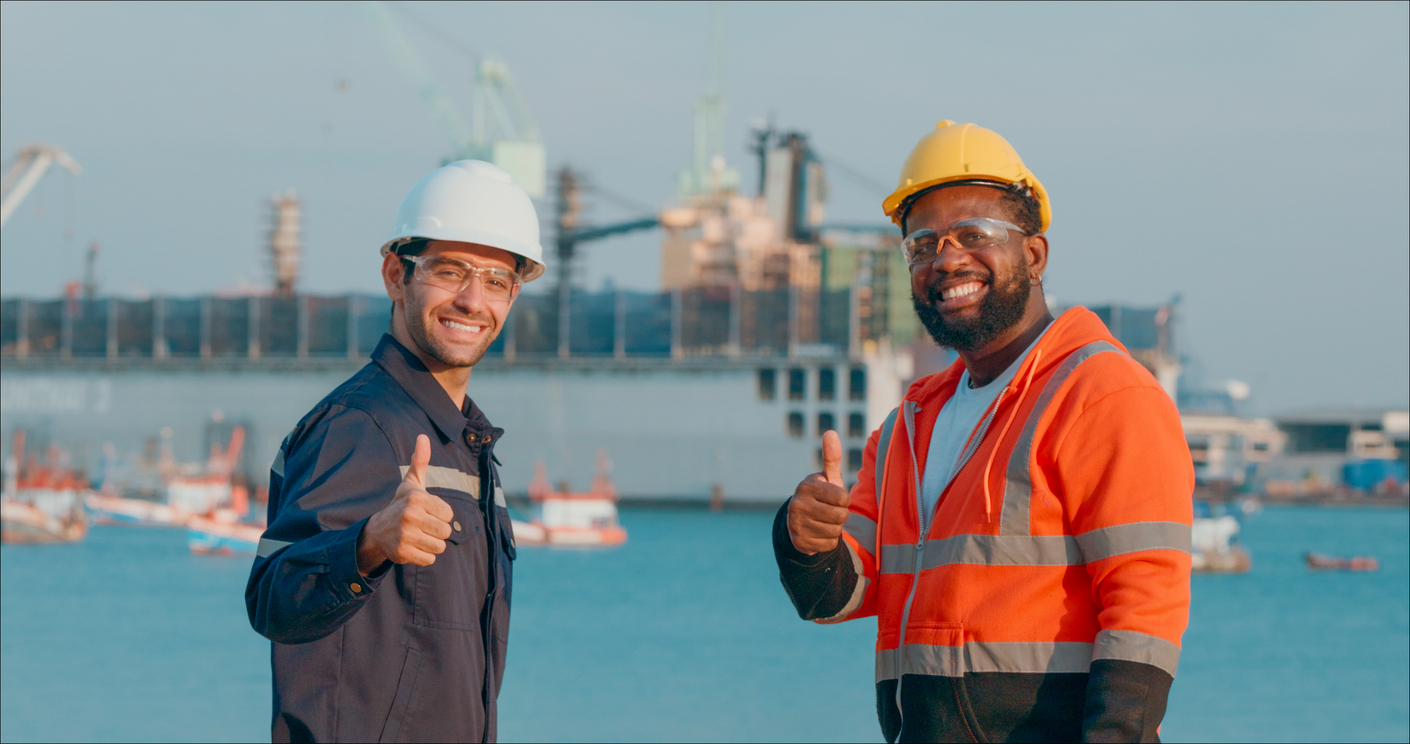Coastal Surveillance Systems in Nigeria – Safeguarding Maritime Borders and National Assets
Nigeria’s vast coastline and expansive maritime domain are critical to its national security and economic prosperity. Stretching over 850 kilometers along the Gulf of Guinea, these waters are vulnerable to a wide range of threats—from piracy and illegal fishing to smuggling and oil theft. To combat these challenges, Nigeria continues to deploy advanced coastal surveillance systems that enable real-time monitoring, threat detection, and rapid response.
This article examines the role of coastal surveillance systems in Nigeria, their strategic importance, key components, and how Wigmore Trading supports infrastructure development and logistics in this essential sector.
What Are Coastal Surveillance Systems?
Coastal surveillance systems (CSS) are integrated networks of sensors, communication systems, and control centers designed to detect, track, and assess maritime activity along a country’s coast. These systems provide security forces and maritime authorities with the situational awareness needed to:
-
Monitor vessel movements
-
Detect suspicious or unauthorized activity
-
Coordinate interdiction and rescue operations
-
Secure critical offshore and coastal infrastructure
CSS are especially important in high-risk maritime zones like Nigeria’s, where both economic and security threats converge.
Why Coastal Surveillance Is Vital for Nigeria
Nigeria’s waters are central to its energy exports, commercial shipping, and fishing industries—but also face persistent threats, including:
-
Piracy and armed robbery at sea
-
Illegal, unreported, and unregulated (IUU) fishing
-
Smuggling of weapons, drugs, and goods
-
Illegal bunkering and oil theft
-
Environmental threats such as spills and pollution
Coastal surveillance systems help protect offshore oil installations, port access points, and Exclusive Economic Zone (EEZ) boundaries. They also support the operational readiness of the Nigerian Navy, NIMASA, and the Nigerian Ports Authority (NPA).
Key Components of Coastal Surveillance Systems
A typical CSS in Nigeria includes:
-
Radar stations – Monitor vessel movement up to 50 nautical miles from shore
-
Electro-optical and infrared (EO/IR) sensors – Detect vessels in low-visibility conditions
-
Automatic Identification System (AIS) receivers – Track registered ships broadcasting identification data
-
Vessel Traffic Management Systems (VTMS) – Coordinate ship movements in port zones
-
Command and control centers – Operate 24/7 to process data and dispatch response teams
-
Secure communication links – Facilitate real-time data exchange between stakeholders
These systems are often integrated with Maritime Domain Awareness (MDA) platforms to provide a comprehensive view of national and regional maritime activity.
Nigeria’s Coastal Surveillance Initiatives
1. Deep Blue Project
Spearheaded by NIMASA and the Nigerian Navy, the Deep Blue Project includes a network of coastal surveillance assets:
-
Fixed and mobile radar installations
-
Surveillance drones and aircraft
-
Intelligence fusion centers along the coast
2. Naval Surveillance Expansion
The Nigerian Navy is upgrading its command and control infrastructure to include remote radar stations and forward-operating surveillance bases in key coastal areas like Calabar, Warri, and Bonny Island.
3. Port Surveillance Systems
The NPA and port authorities have installed VTMS and AIS systems at Lagos, Port Harcourt, and other key terminals to ensure security and efficiency in cargo operations.
How Wigmore Trading Supports Coastal Surveillance Infrastructure
Wigmore Trading plays a crucial support role in Nigeria’s maritime security infrastructure by delivering logistics, sourcing, and supply chain solutions tailored to surveillance and defense projects.
1. Procurement of Surveillance Equipment
We source marine-grade radar systems, EO/IR sensors, AIS receivers, power systems, and communications equipment from verified global manufacturers.
2. Infrastructure and Power Supply
We supply materials for radar towers, command center construction, backup generators, solar energy systems, and protective casings for remote installations.
3. Customs and Import Handling
Wigmore Trading handles the importation, documentation, and clearance of sensitive security equipment—ensuring compliance with Nigerian regulations and defense protocols.
4. Field Logistics and Last-Mile Delivery
We provide transportation and secure delivery of surveillance system components to coastal and remote operational sites across Nigeria.
5. Support for Government and Defense Contractors
We partner with licensed defense contractors and maritime agencies to ensure on-time, on-budget procurement and delivery of equipment and support materials.
Contact Wigmore Trading today to ensure your coastal surveillance project is backed by reliable sourcing and expert logistics support.
Conclusion
Coastal surveillance systems are an essential component of Nigeria’s maritime security strategy, protecting national assets and enabling timely response to illegal or threatening activity. As these systems become more advanced and integrated, reliable procurement and logistics partners are critical to their success.
Wigmore Trading is proud to support Nigeria’s maritime defense infrastructure by delivering the systems, materials, and logistics solutions that keep coastal surveillance operations running smoothly.








Comments are closed.